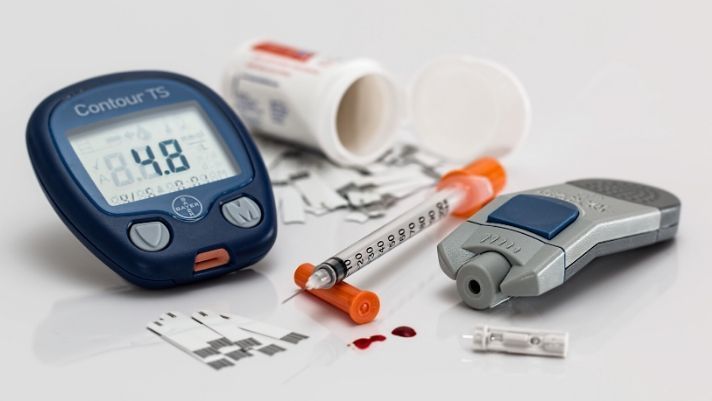
Your doctor has given a name to what’s causing your symptoms – diabetes. This is a serious condition, but with attention and care, you can manage it. Ask your doctor about these lifestyle changes to control your diabetes.
Take the Obvious Steps
Diabetes challenges your entire physical system, so don’t pile on any more challenges. Reduce or eliminate alcohol use, which can affect your blood sugar levels. If you smoke, try to stop. Smoking further increases the risks of diabetes, including eye diseases and cardiac, circulatory, and nerve problems.
Improve Your Diet
Your body has a problem managing blood sugar, but dietary changes can help. The benefits of healthy eating are so widely circulated that you probably already know about restricting added sugar, limiting sugary treats and drinks, and eating whole grains, lean meats, and fish high in healthy omega-3 fats, such as salmon. Eat fresh, low-glycemic vegetables such as green beans, asparagus, and broccoli, and limit simple carbohydrates (such as white bread and pasta) that metabolize into sugars in your body. Your doctor will advise you on how to manage medication and the timing of your meals and snacks. Controlling your weight can be difficult with diabetes, but it is doable with a diabetes management diet plan that will suit your lifestyle.
Manage Stress
Stress puts your hormones into hyperdrive. The “fight or flight” response to stress releases cortisol, which tells your liver to release glucose into the bloodstream. However, diabetes means that insulin doesn’t work correctly in your body to take up that sugar, so your sugar levels go up and your body stores the excess as fat. Find ways to ease stress in your life – whether it’s meditation, yoga, or a nice walk outdoors.
Exercise
Exercise is good for everyone, but it’s especially important for patients with diabetes. Thirty minutes of moderate exercise a day keeps your weight under control, relieves stress, and reduces the risk of heart disease. If you haven’t exercised regularly before, consult your doctor and start slowly, working your way up to that thirty minutes. “Moderate exercise” means you breathe a little harder and sweat a little bit –running marathons or climbing mountains isn’t necessary. A bike ride or a bit of dancing fits the bill.
If your doctor has diagnosed you with diabetes, they likely also recommended that you see an endocrinologist to help manage your disease. Endocrinologists specialize in understanding and treating diseases in the system that produce and regulate hormones in the body. Hormone levels affect every physical system in some way. If you need an endocrinologist on the Upper East Side of New York Cityto help you manage your lifestyle changes to help control diabetes, contact our office. We’re here to help.

